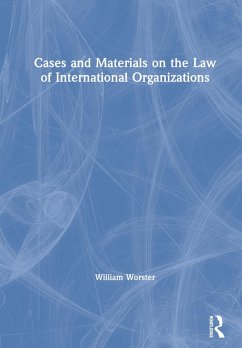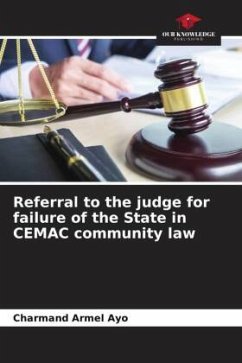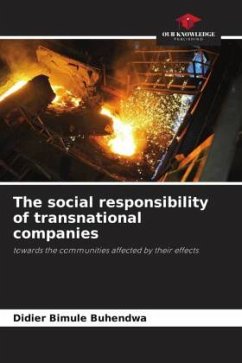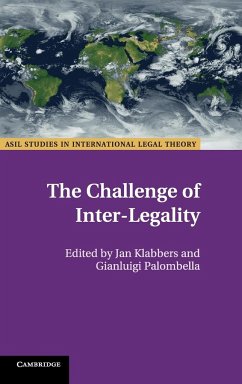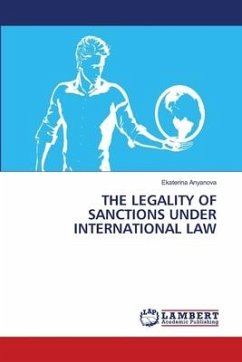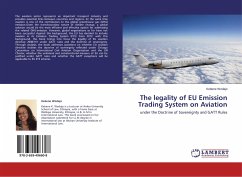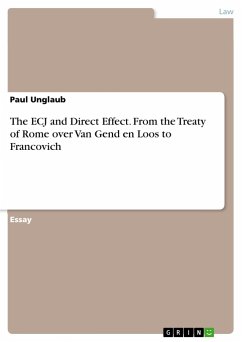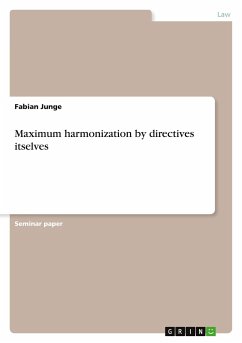
Control of the legality of community acts
Within WAEMU and ECOWAS
Versandkostenfrei!
Versandfertig in 6-10 Tagen
45,99 €
inkl. MwSt.

PAYBACK Punkte
23 °P sammeln!
The UEMOA and ECOWAS courts of justice have similar competences to the CJEU in terms of reviewing the legality of community acts. A brief review of their activities gives the impression that litigation on legality is almost non-existent. This observation prompts us to study the question of the effectiveness of this litigation before these West African courts. A normative and institutional description approach coupled with a comparative analysis with the EU has made it possible to highlight the particularities of litigation on legality before these two courts, which are struggling to find their...
The UEMOA and ECOWAS courts of justice have similar competences to the CJEU in terms of reviewing the legality of community acts. A brief review of their activities gives the impression that litigation on legality is almost non-existent. This observation prompts us to study the question of the effectiveness of this litigation before these West African courts. A normative and institutional description approach coupled with a comparative analysis with the EU has made it possible to highlight the particularities of litigation on legality before these two courts, which are struggling to find their mark, torn between the need to build their own jurisprudential policy, the weight of politics and the weak social anchoring of community law. It turns out that the jurisdictional activity of the CJUEMOA is more laborious in this area than that of the CJCEDEAO. However, despite these grievances, some interesting decisions have emerged from the jurisprudential production of these courts, bothin terms of their substance and the circumstances of their publication, and which constitute a strong signal for the consolidation of the community order in each of these organizations.



